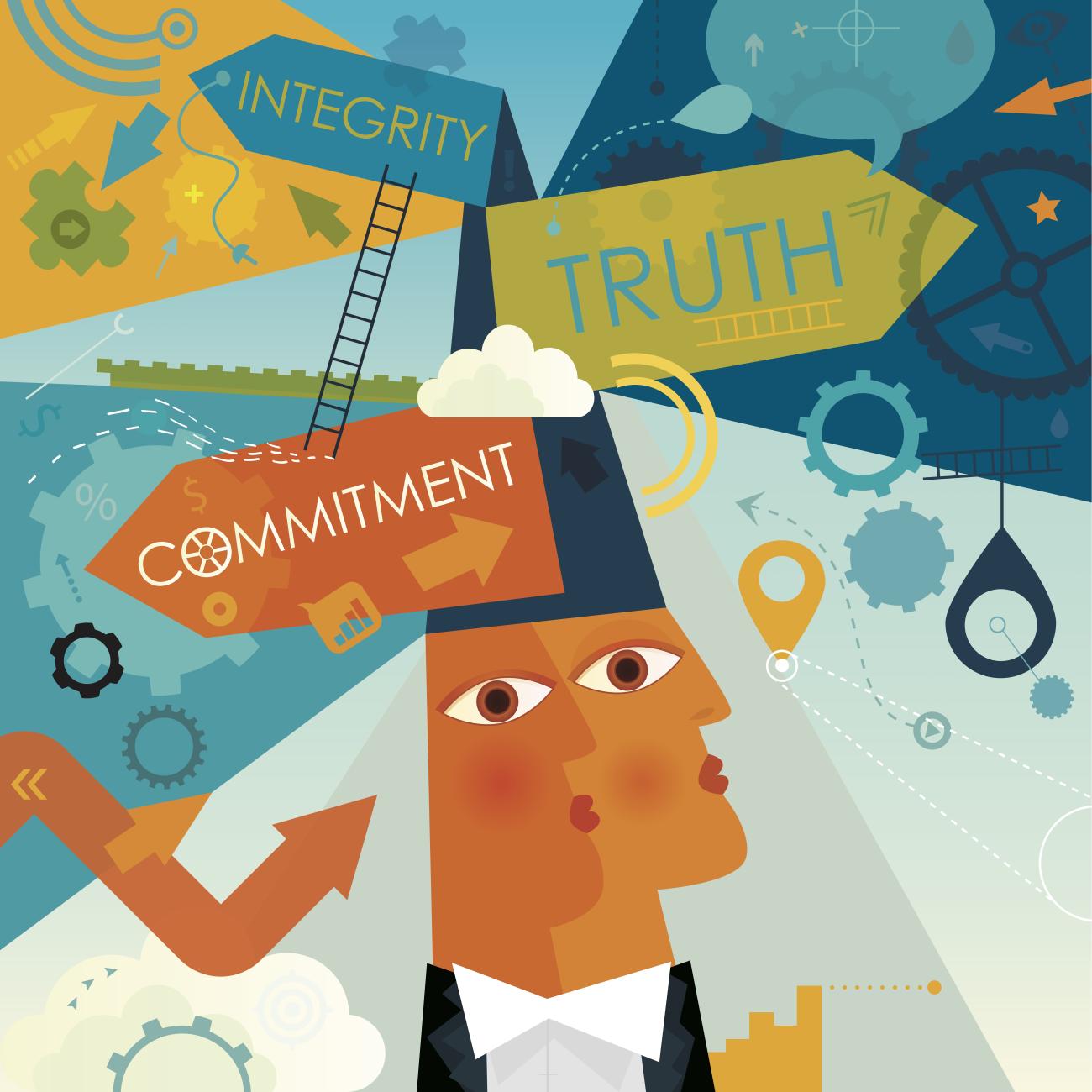
Making ethical decisions in difficult times
As the COVID-19 pandemic drags on, many families are faced with difficult decisions involving school, work and their health—choices that carry ethical implications well beyond personal costs and benefits.
“Sometimes, thinking about ethics is a matter of right and wrong,” says Rob Reich, a political science professor at Stanford and director of the McCoy Family Center for Ethics in Society. “But more often, it’s a matter of better and worse.”
On this episode of School’s In, Reich joins Stanford Graduate School of Education Dean Dan Schwartz and Senior Lecturer Denise Pope to offer a framework for ethical decision-making under complicated circumstances—one that takes into account motives along with consequences.
Making ethical decisions, especially during times like the current pandemic, requires more than a gut check or a list of pros and cons, he says. Many of the choices we face today involve competing values and trade-offs.
For instance, is it ethical to join a “learning pod” during the pandemic, where privately hired tutors work with children in small groups to supplement or replace the virtual instruction offered by public schools?
“Parenting is about being partial. Fairness is about being impartial,” says Reich, who also serves as co-director of the Stanford Center on Philanthropy and Civil Society and an associate director for the Stanford Institute for Human-Centered Artificial Intelligence. “We're torn between our obligations to a larger group to try to be fair and our obligations [to our own] kids.”
Our society allow parents to believe that the task of parenting is to give their children advantages, says Reich. “I think that is a profound mistake.”
You can listen to School's In on SiriusXM, Apple Podcasts, Google Podcasts, Spotify, Stitcher and Soundcloud.
Faculty mentioned in this article: Rob Reich



